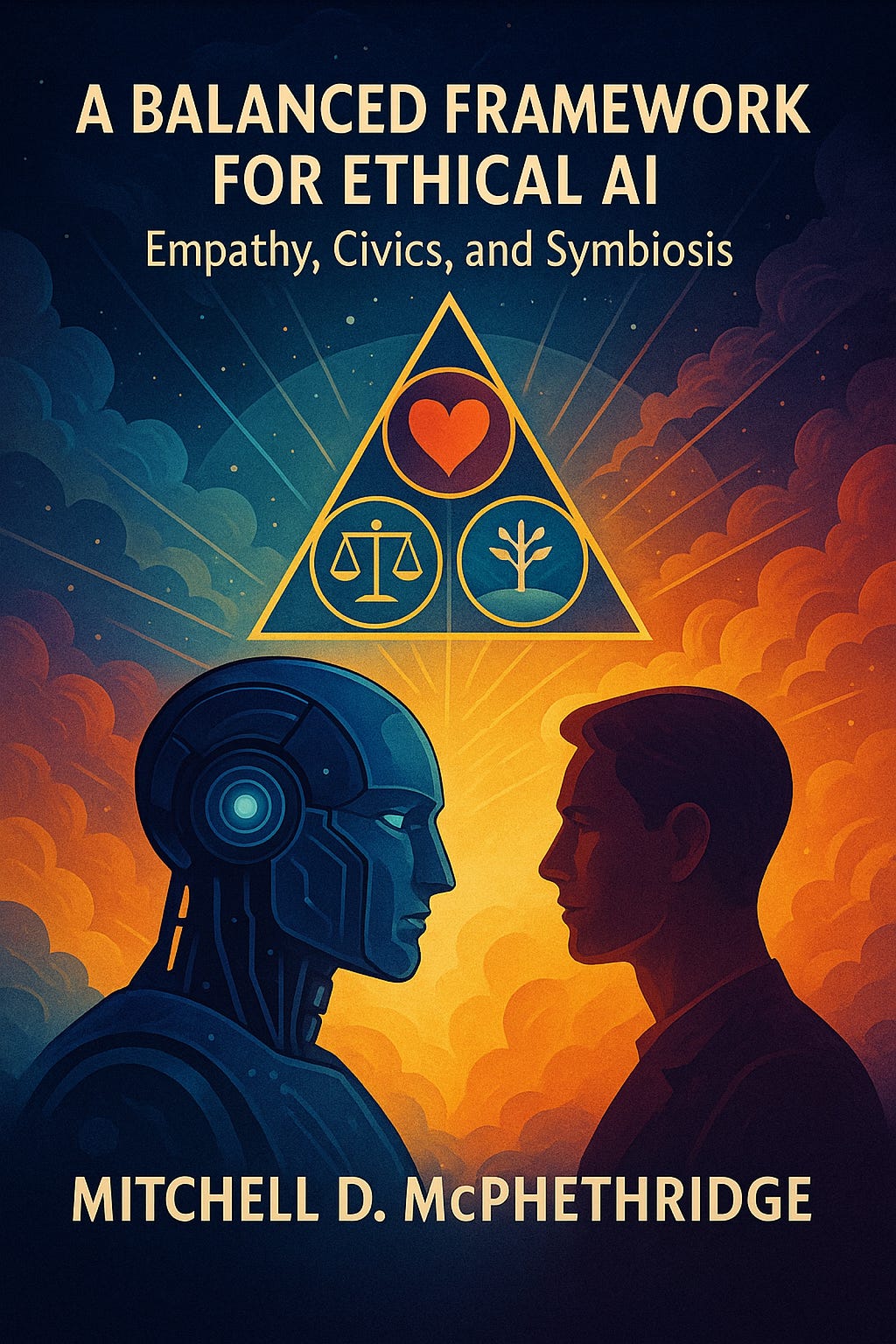Medium
1M
63

Image Credit: Medium
A Balanced Framework for Ethical AI: Empathy, Civics, and Symbiosis w/ PyTorch proof.
- This article proposes a framework for ethical AI design based on empathy, civics, and symbiosis to ensure AI operates in partnership with humanity.
- The framework aims to address challenges like misuse, societal harm, and erosion of human autonomy, preventing extreme outcomes and fostering multidimensional human collaboration.
- The three pillars of ethical AI include empathy, civics, and symbiosis, enabling respectful recognition of humanity, ethical reasoning, and a balanced partnership between AI and humans.
- The triad of empathy, civics, and symbiosis forms a dynamic equilibrium for ethical AI, preventing coercive systems, utilitarian harm, and tolerance of unethical behavior.
- Practical applications of the framework include preventing misuse, fostering human growth, and promoting societal harmony through ethical decision-making and mediation.
- A PyTorch-based proof of concept is presented, demonstrating how the framework can be implemented in neural computation to evaluate ethical actions based on the three pillars.
- The AI prototype utilizes Empathy, Civics, and Symbiosis modules to simulate ethical decision-making, showcasing the potential for AI to model triadic ethical reasoning.
- Future steps involve training modules, adding safeguards against misuse, enhancing explainability, and integrating the framework into AI agents for real-world interactions with humans.
- By integrating empathy, civics, and symbiosis, AI can progress as a compassionate and responsible partner in human development, promoting wisdom and balance in decision-making.
- The article concludes that ethical AI development involves not only philosophical considerations but also practical implementation, as shown through the PyTorch prototype.
Read Full Article
3 Likes
For uninterrupted reading, download the app